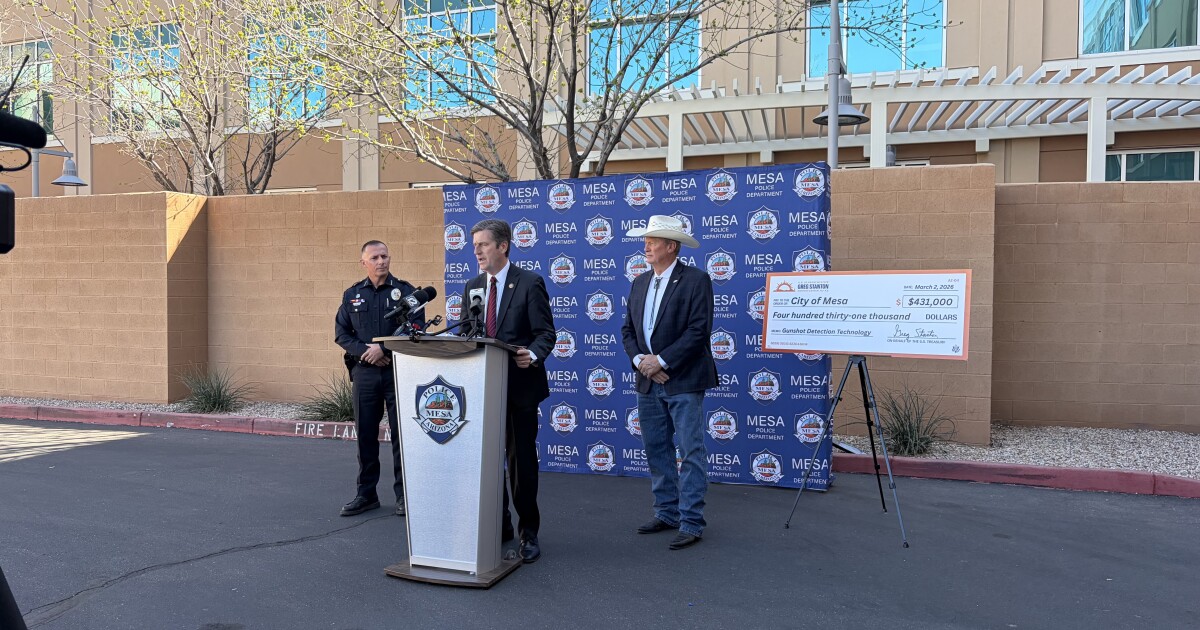Federal funding changes, driven by the reconciliation bill passed this summer and initiatives by the Trump administration, are expected to significantly impact Montana, as reported by state agencies on Wednesday. During an extensive eight-hour meeting in Helena, lawmakers were briefed on anticipated changes in food assistance and government-funded healthcare, which could result in decreased state tax revenue under the new rules.
The Legislative Fiscal Division’s report, titled “Federal Budget Impacts to State,” details changes in federal grants, previously forecasting a nearly $160 million budget hit. The report emphasizes that 44.5% of the House Bill 2 budget is federally sourced, with certain “triggers” necessitating collaboration among finance, interim, and budget committees.
Amy Carlson from Legislative Fiscal stated, “We’ve well established that those triggers have happened in (the federal reconciliation bill),” emphasizing the ongoing discussions concerning the federal funding’s effect on Montana’s budget. Marcia Howard, executive director of Federal Funds Information for States, outlined federal changes, highlighting priorities like tax cuts and reducing federal programs.
Howard noted the lack of transparency in these alterations, mentioning restructured grant programs and shortened timelines. She questioned the legality of some actions, suggesting they might become irrelevant over time as funds fail to reach recipients. Susie Hedalen, Montana’s superintendent of public instruction, reassured legislators about federal education cuts, as federal funds constitute only 13.7% of school budgets.
Concerns were raised about potential funding reductions for the Montana State Library, the Montana Arts Council, and the Montana Historical Society due to their heavy reliance on federal dollars. Discussions included strategies for maintaining food assistance during the federal shutdown, with proposals like House Bill 924 and potential state loans under consideration.
Rose Bender from the Montana Budget and Policy Center highlighted the significant revenue loss due to tax provision changes, estimating a biennial revenue decrease of $230 million. She emphasized risks from unaddressed changes and rising state obligations under SNAP and Medicaid.
New SNAP rules demand more state contributions and link funds to an “error rate.” Montana’s error rate, between 7% and 8%, signifies the state’s responsibility in managing SNAP funds. Josh Platt from Legislative Fiscal commented on efforts to reduce this rate.
Additional discussions covered coal and oil lease changes reducing tax revenue and affecting transportation funding. Two significant transportation projects, Nine Pipes on Highway 93 and another in East Missoula, face scale reductions or discontinuation, according to Department of Transportation head Chris Dorrington. Walker Hopkins from Legislative Fiscal noted cuts impacting services for domestic violence and sexual assault victims.
—
Read More Montana News









